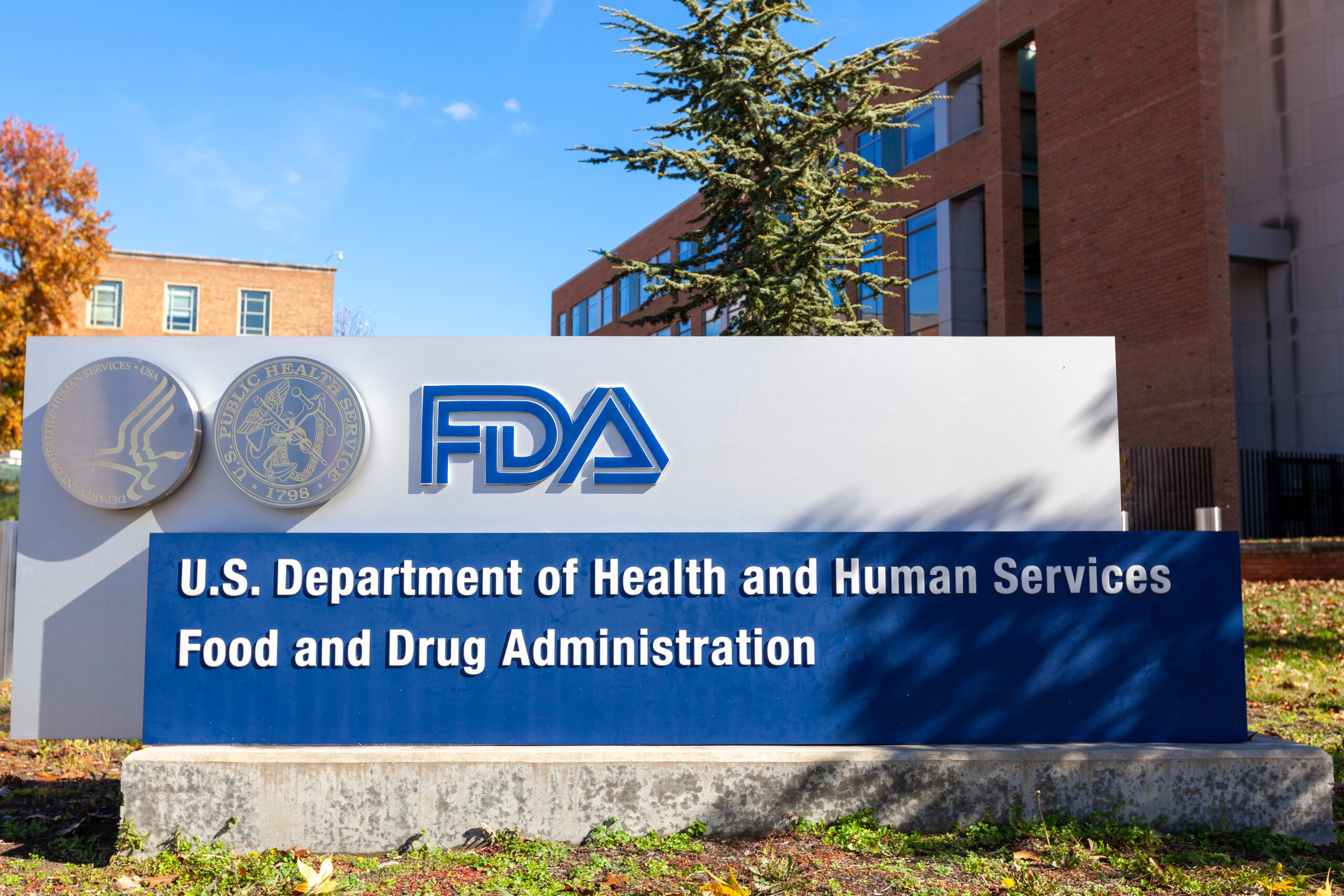Despite the demonstrated effectiveness of the new class of cholesterol-lowering drugs at improving cardiovascular outcomes, patients and payers have been slow to adopt the drugs. According to a recent report published in JAMA, the price of Amgen’s PCSK9 drug, Repatha, would need to be significantly reduced in order to be a cost-effective treatment for some patients.
Based on Amgen’s clinical trials results, the study investigators predicted that if all eligible patients in the US were to add Repatha to their standard cholesterol-lowering statin therapy, the combination would prevent almost 2.9 million more cardiovascular events over a lifetime. While this is significant, the researchers believe that the price of the PCSK9 inhibitor would need to be reduced by two-thirds to meet a commonly-used cost-effectiveness threshold.
Repatha is currently priced around $14,000 per year, making it substantially more costly compared to the inexpensive, generic statins which are currently the standard therapy for high cholesterol. As such, many payers have only offered to cover the drug for patients who are at the highest risk of major cardiovascular events.
In an attempt to increase coverage of the drug, Amgen conducted an over 27,000-patient clinical trial, called FOURIER, to demonstrate the cardiovascular benefits of the PCSK9 inhibitor. While Repatha was shown to reduce the risk of major cardiovascular events – like heart attack and stroke – the drug did not have a statistically significant effect on death as a result of cardiovascular disease.
To show their confidence in Repatha, Amgen has been open to making outcome-based deals with insurance companies. This would hold Amgen responsible for covering the cost of the drug should patients experience a heart attack or stroke while taking Repatha.
But this outcomes-based pricing strategy may not be enough to eliminate the barriers to coverage. In the current study, the researchers included patients with atherosclerotic cardiovascular disease who were taking statin therapy. Using the quality-adjusted life year (QALY) measure of cost-effectiveness, the researchers found that the annual list price of PCSK9 inhibitors was more than the $100,000 per QALY threshold.
According to a March report from Reuters, Amgen often offers Repatha at a 30 percent, however the researchers say that this is not enough to reach the cost-effectiveness threshold. “The 71% price reduction required to make PCSK9 inhibitor therapy cost-effective is greater than the 25% to 30% discounts typically offered by manufacturers,” said the study authors.
According to Amgen, the findings are not representative considering that the list price is rarely the amount paid by payers. The company is conducting its own cost-effectiveness study of Repatha, and expects to publish the data from that research soon.
“Several published analyses have shown value-based price ranges that support our current average net selling price, which has been incorporated in several value-based arrangements with payers,” a spokesperson from Amgen told BioPharmaDIVE. “Key differences that need to be considered are real world event rates and value for patient life years in the US.”
In the second quarter of 2017, US sales of Repatha totaled $60 million. As early as December, the US Food and Drug Administration (FDA) could allow the company to expand Repatha’s label to include the cardiovascular benefits demonstrated in the FOURIER trial, which could be a major boon to sales of the cholesterol-lowering drug.












Join or login to leave a comment
JOIN LOGIN